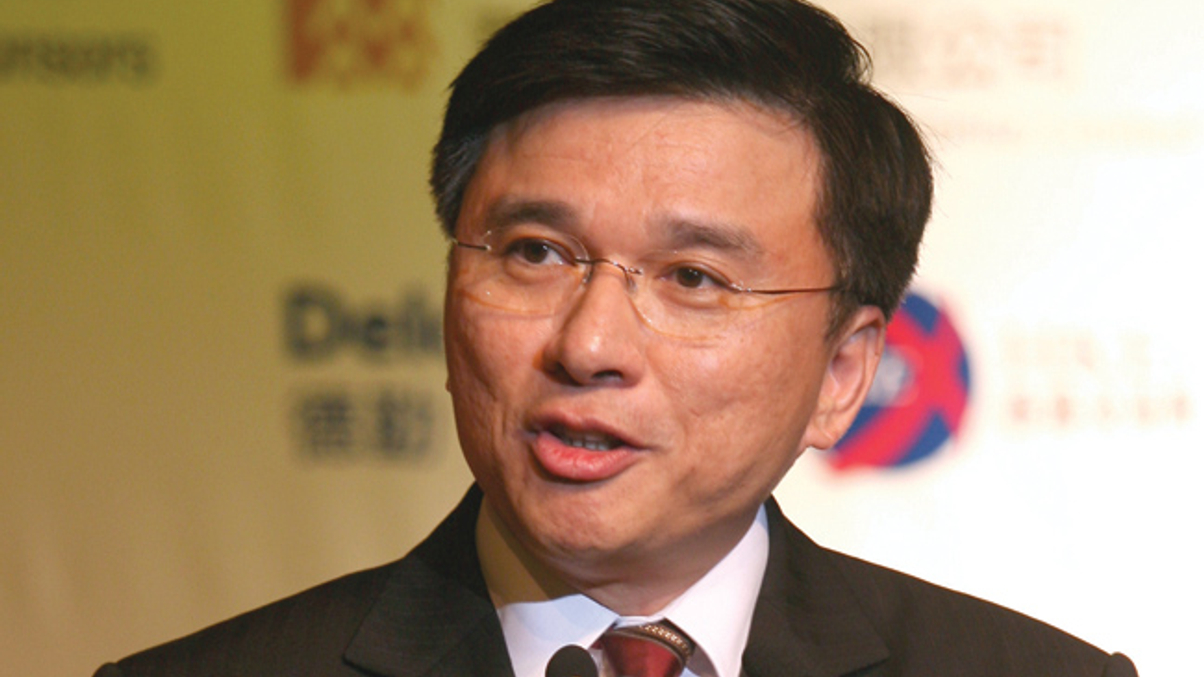Let all of China become an FEZ, says HK secretary
Financial services secretary KC Chan sees Shanghai's free economic zone as a boon for Hong Kong, while indicating that a private pension scheme to run alongside the city's MPF scheme would be welcome.

Hong Kong’s financial services secretary would welcome a private industry pension scheme to run alongside the city's MPF system, and views Shanghai's free economic zone as creating opportunities rather than competition.
Sign in to read on!
Registered users get 2 free articles in 30 days.
Subscribers have full unlimited access to AsianInvestor
Not signed up? New users get 2 free articles per month, plus a 7-day unlimited free trial.
¬ Haymarket Media Limited. All rights reserved.


